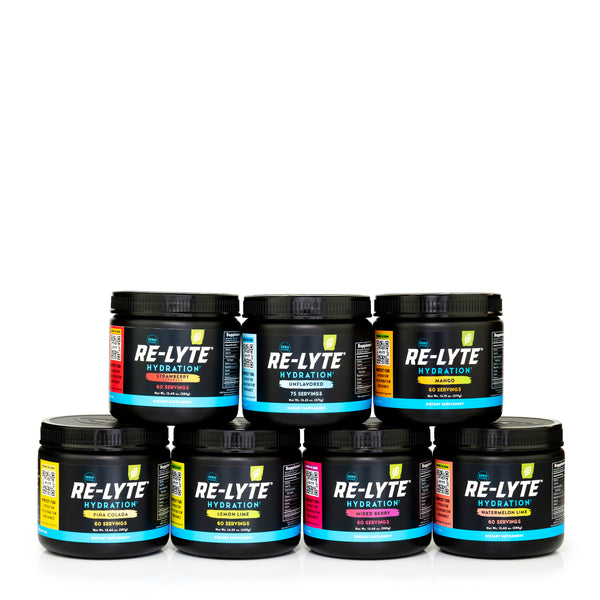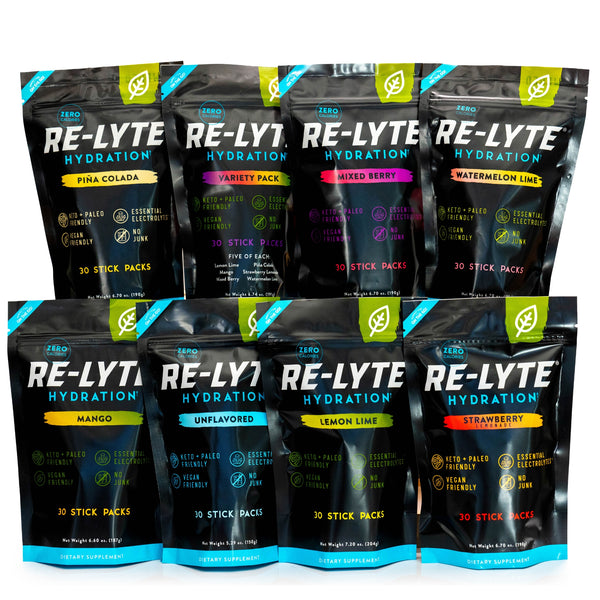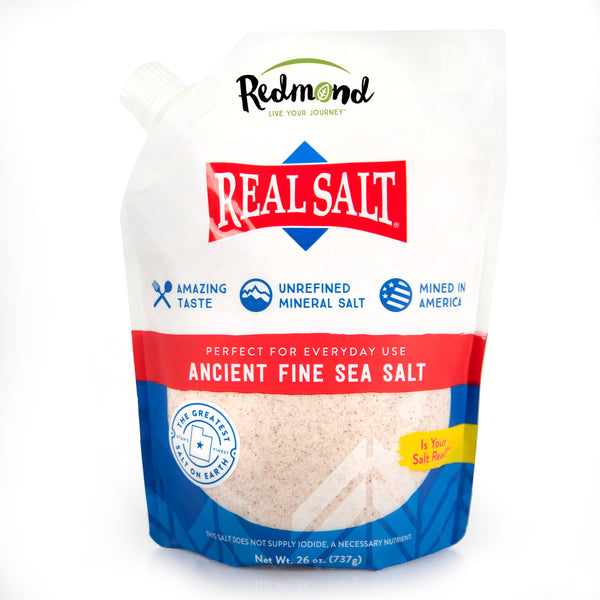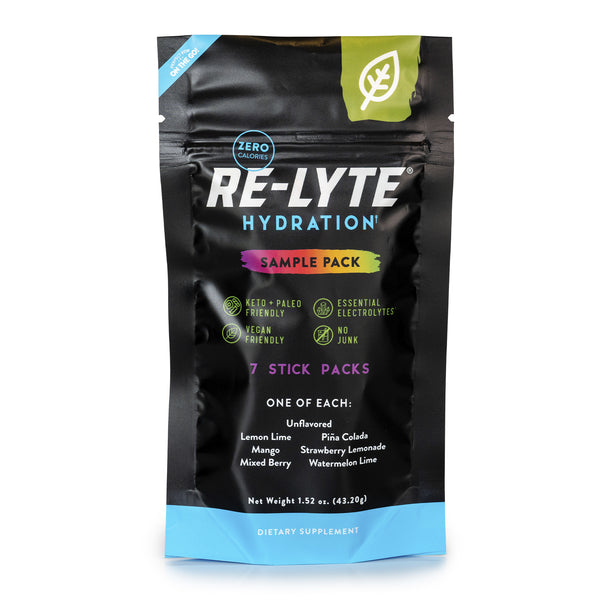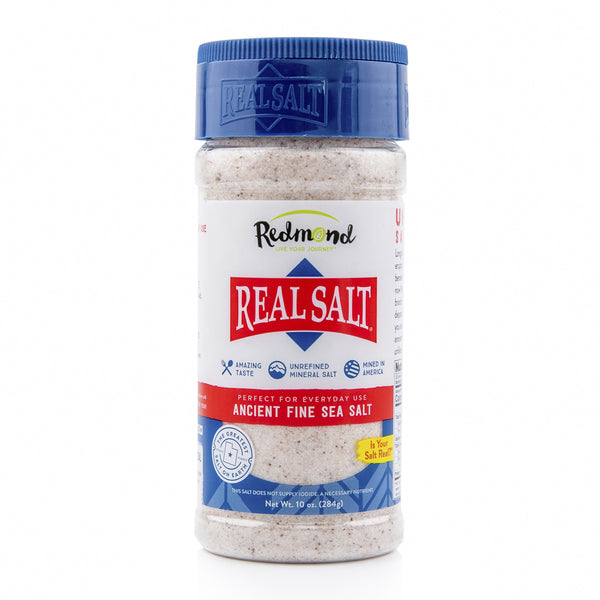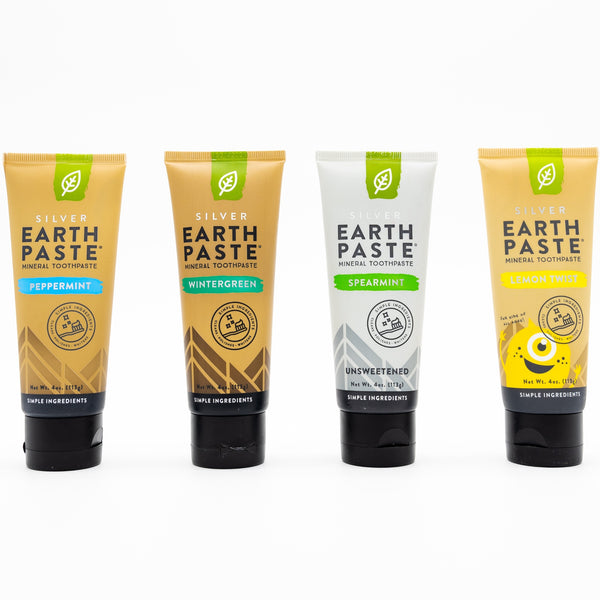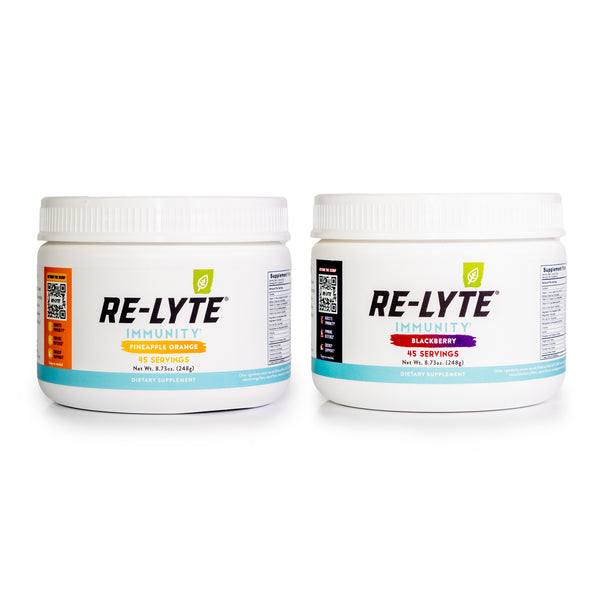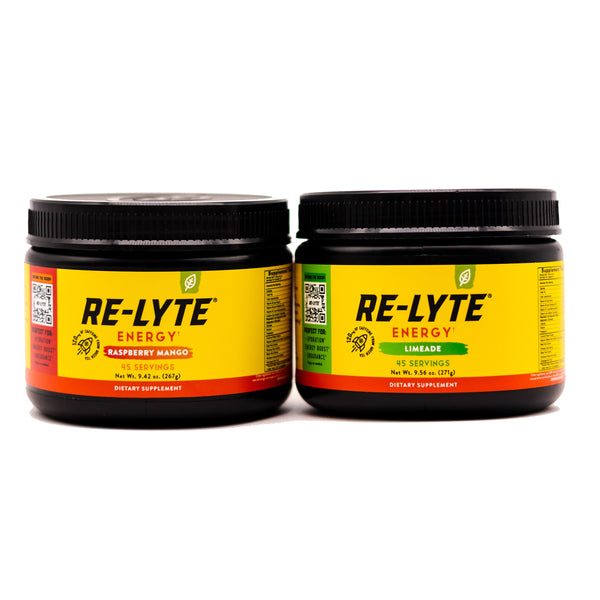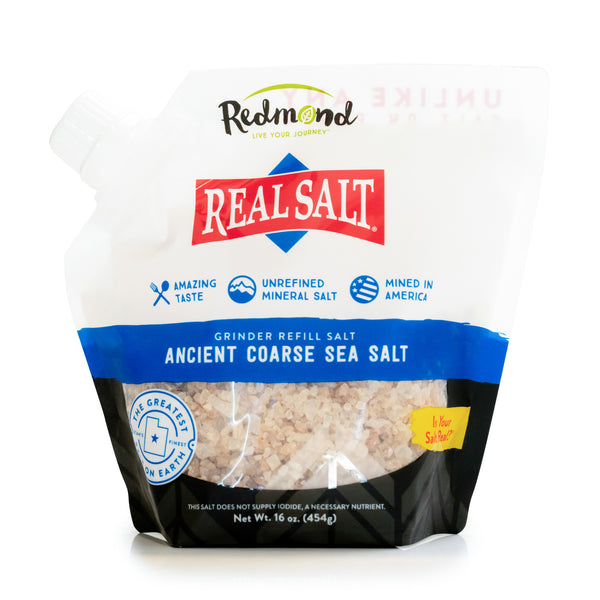5 Storage Tips That Keep Salt Super Fresh
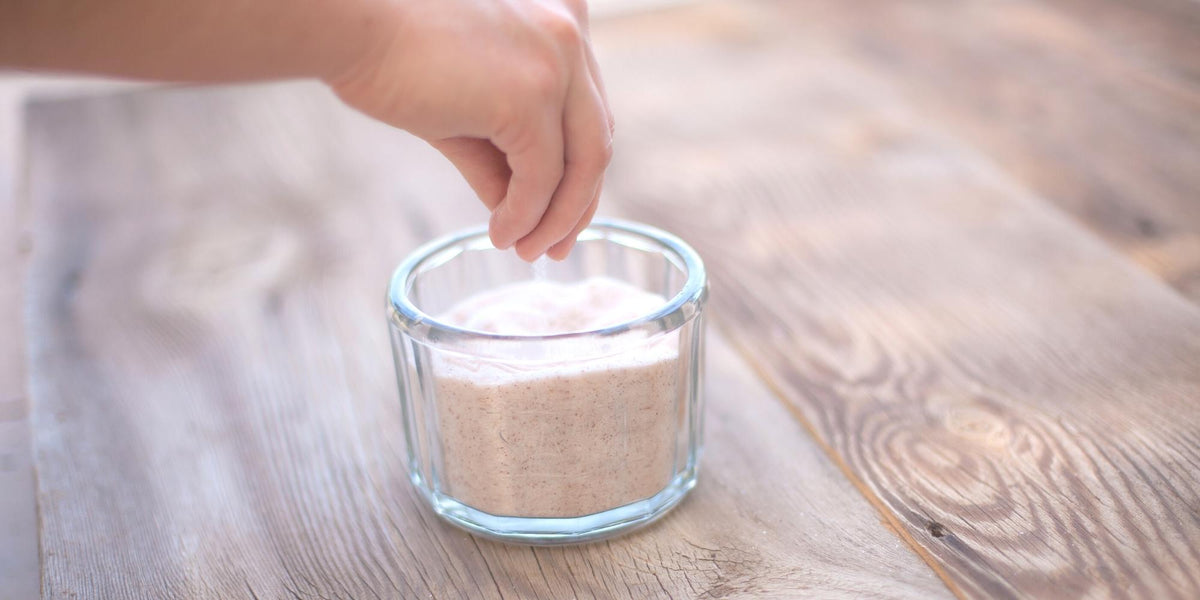
Article at a Glance:
- Pure, natural salt doesn’t expire, but it can get clumpy or develop a funky flavor if stored incorrectly.
- Salt is sensitive to a variety of environmental factors, so it’s important to store it in an airtight container.
- Salt absorbs water molecules from the environment, which means you’ll want to avoid storing your salt in humid areas.
- Ideally, you’ll want to store your salt in a cool, dark environment (this is especially important if you’re storing iodized salt since it loses a lot of its iodine in the sun)
- Salt’s natural deodorizing properties mean that you should store your bulk salt away from areas that are filled with potent smells.
If you like to save time, save money, and make sure your kitchen is always stocked with salty goodness, then you may prefer to buy your salt in bigger quantities. Honestly, we think that’s a smart move.
Your body needs salt to stay healthy. Your food needs salt to taste good. So why not buy more than a dinky little shaker at a time? But once you start buying bigger batches of salt, you may find yourself wondering how to protect your salty stash.
The good news is that pure, natural salt doesn’t expire. (The iodized stuff— or salt with any additives for that matter— is a different story. That has a shelf life of about five years.) But it can get clumpy or take on a funky flavor if you don’t store it well. Here are five simple storage tips that’ll keep your salt fresh for the long haul:
#1- Put it in an airtight container.
As soon as you get your big batch of salt, you should put it in an airtight container. Why? Because salt is sensitive to a variety of environmental factors, particularly moisture and strong odors (more on those below). By putting it in an airtight container right away, you’ll protect it from anything that could cause it to get clumpy or take on a strange taste. You’ll also protect it from pesky critters that might try to sneak into your salt. Pretty much any air-tight container will work— glass jars, food-grade buckets, vacuum-sealed food storage bags. But when choosing an airtight container, it’s a good idea to avoid metal. Salt has corrosive properties that can cause metal to wear away and potentially contaminate your salt supply.

#2- Keep it dry.
Salt is hygroscopic, which means it absorbs water molecules from the air. As a result, it tends to clump in humid environments. The clumps don’t hurt unrefined salt, change the taste or chemical structure, or make it less healthy, but they can be annoying.
In your kitchen, you’re doing lots of things that increase humidity, like boiling water and washing dishes. So even though you’ll probably keep a small amount of salt in your kitchen for convenience’s sake, you’ll want to store your larger salt stash somewhere with less moisture. For the shaker you keep in the kitchen, just add some uncooked rice to absorb moisture and keep it from clumping.
#3- Dial down the heat.
This tip is kind of a continuation of the one above. Hot environments are often humid environments. If you can store your salt somewhere dry and cool, you’ll improve your odds of avoiding that perfectly safe, but somewhat annoying, clumping (any bulk salt buyer’s biggest nemesis).
#4- Steer clear of strong odors.
Did you know that salt can help neutralize household odors? That’s good news if you have a stinky garbage disposal, but bad news if you have a big supply of salt you want to keep fresh and tasty. Salt’s natural deodorizing properties mean that you should store your bulk salt away from areas that are filled with potent smells (like garlic, fish, and other odorous items). In other words? Your kitchen (once again) probably isn’t the best spot for your salty stash.

#5- Shun the sun.
If you’re reading our blog, there’s a good chance you prefer natural, unrefined salt that doesn’t contain additives over iodized table salt. But if by chance you are looking for advice on how to store iodized salt, this tip is especially important for you. Research shows that iodized salt loses a lot of its iodine when exposed to the sun, so you’ll want to store your bulk salt in a dark environment. But even if you’re storing unrefined, additive-free salt, it’s a good idea to follow this advice. Why? Heat and light tend to go hand in hand. And heat and humidity tend to go hand in hand. So by storing your salt somewhere dark, you’re reducing the odds it’ll be exposed to heat and humidity.
Ready to go big on your next salt purchase? Check out our bulk salt options, including our new 10 lb bags!
Sources:
- How to Store Salt Long Term— Common Sense Home.
- Does Salt Go Bad?— DoesItGoBad.com.
- Salt: Why It Is Essential and How to Store It Right— The Provident Prepper.
- How to Get Rid of Bad Smells— Almanac.
- Studies on the stability of iodine compounds in iodized salt—Bulletin of the World Health Organization.
Comments (2)

Would like to use metal Mason jar lids and vacuum pack . Will I have a corrosion problem since the lids are coated?
———
Redmond Life replied:
Great question! Since most metal Mason jar lids are coated, they offer some protection against corrosion. However, over time, exposure to salt’s natural moisture-attracting properties could lead to rust, especially if the coating gets scratched or worn. To be extra safe, you might consider using plastic lids or adding a layer of parchment paper between the lid and the salt. Vacuum sealing can help keep your salt fresh for longer, too!

I sure liked getting my 10# salt in a bucket. Why did you start using bags?
Thank you
———
Redmond Life replied:
Hey Tammy!
We know a lot of people are big fans of our 10 lb Real Salt Bucket. Unfortunately, this customer favorite creates a few challenges for us:
It’s easily damaged in transit. * It needs to be hand-filled, which contributes to fulfillment delays. * It can be difficult for us to get due to supply chain issues. * It’s expensive to fulfill and ship. As a result, these buckets will be out of stock indefinitely while our Product Development team does its best to solve these challenges. It’s still too soon to say if (or when) we’ll be able to bring these beloved buckets back, but we’ll be sure to keep you posted

